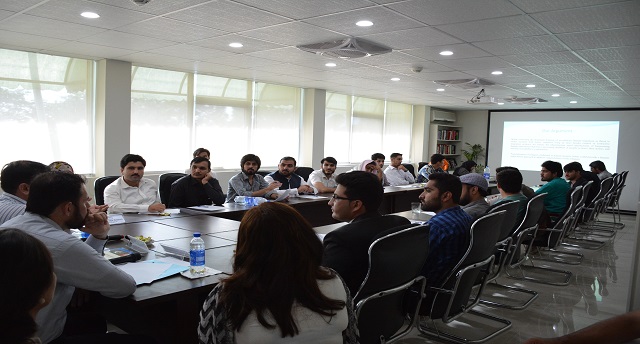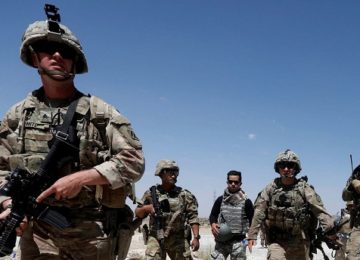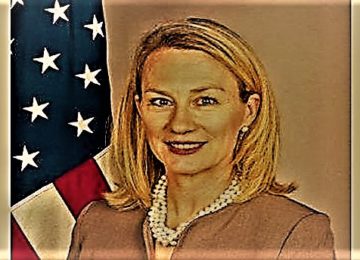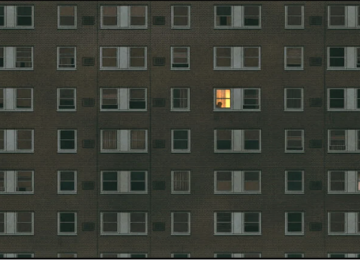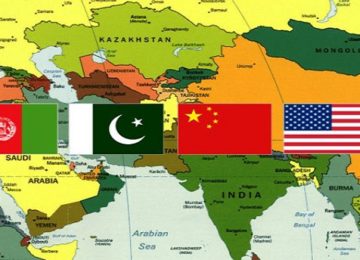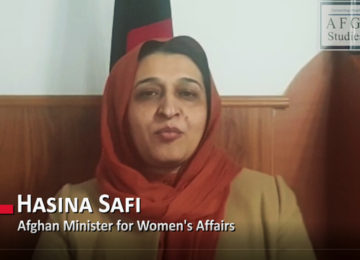September 27, 2018
Prime Minister Imran Khan’s announcement in Karachi on September 16 regarding his government’s intention to offer Pakistani citizenship to Afghans born and raised in Pakistan certainly gave hope to thousands of Afghan ‘refugees’ stuck in the limbo of their identity and affiliation crises in Pakistan. Khan noted in his speech, which was broadcast on national television, that a lack of official documentation has pushed many refugees towards black-market labor or petty crimes and their naturalization could address many of such issues. Certainly, PM Khan’s decision to naturalize Afghan refugees appears to be a pragmatic solution for many of the security issues, is also long due, but above all, a strong gesture of goodwill from Pakistan. However, as the subject is open for a debate in the parliament currently; the final decision is yet to be taken.
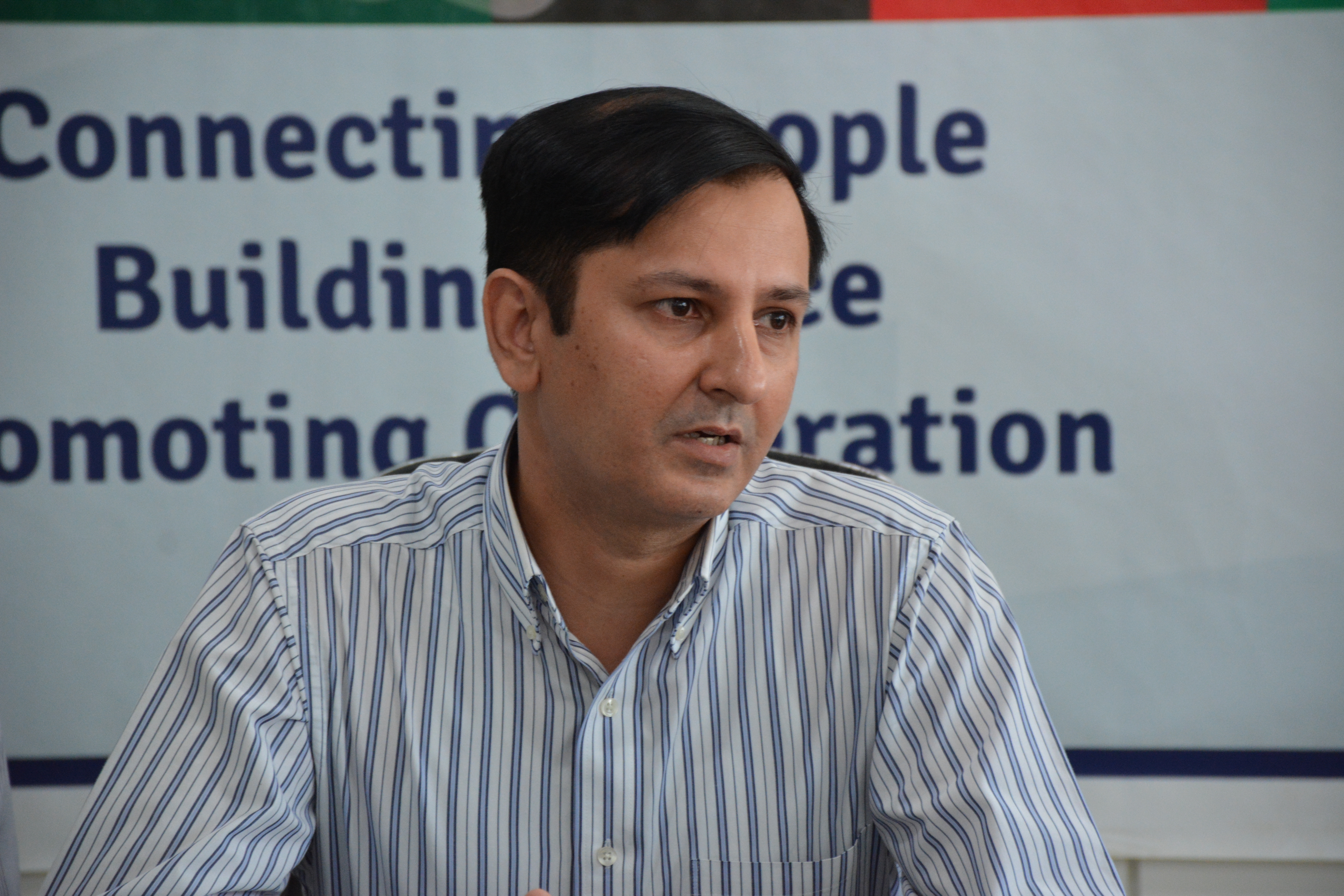
Refugee crisis is one of the most critical challenges of our times. United Nations High Commissioner for Refugees’ (UNHCR) statistical data shows that 71.4 million people were forcibly displaced worldwide during 2017. Similarly, every minute 20 people were forced to flee their homes in 2016. Migration and refugees are also considered as one of the biggest global risks, but Pakistan continues to host one of the largest numbers of refugees for the last forty years. However, Pakistan does not have any concrete policy for Afghan refugees, stated Dr. Farhan Yousaf while speaking to youth from Pakistan and Afghanistan at Afghan Studies Center’s 16th Pak-Afghan youth dialogue in Islamabad. He apprised the youth that different governments have held different stand-points, but a proper policy has never been formulated in this regard. What PM Khan’s announcement has done is that it has initiated a discussion nation-wide which will hopefully lead to a concrete policy for Afghan refugees, at least.
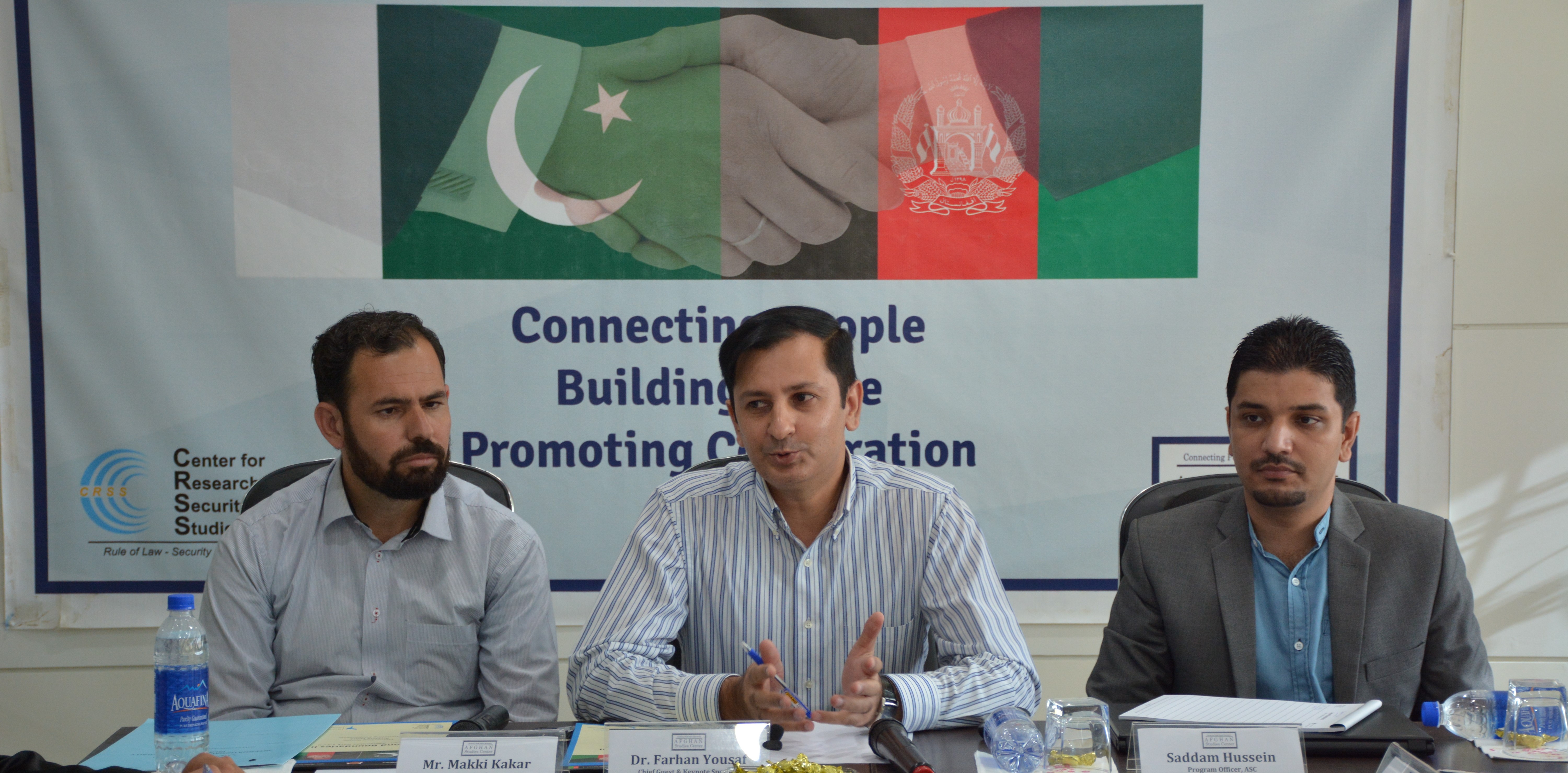
Earlier Mr. Saddam Hussein, Program Officer at CRSS welcomed the Chief Guest and all the participants. He apprised them of the objectives of CRSS Beyond Boundaries project, which began in October 2015, and is aimed at facilitating Track II dialogues between core groups of experts and influentials of Pakistan and Afghanistan in a bid to improve bilateral ties. Mr. Saddam stated that the Afghan Studies Center initiative was basically an off shoot of Beyond Boundaries which was launched in April 2017 and has now established itself as a sister organization of CRSS. It aims at inculcating critical thinking and engaging the youth from both countries to play a constructive role in clearing the existing distrust and misperceptions; as the youth can become ambassadors of peace and future leaders.
Mr. Farhan further stated that several generations of refugees have now been born in Pakistan and yet, despite having become an intrinsic part of the country’s social fabric, they have long been deprived of many of the rights enjoyed by average Pakistanis. Their insecure position within society, lacking any formal legal protection and unable to even acquire a national ID card (often a prerequisite for even the most basic tasks like opening a bank account or taking a job) has long left these refugees and their descendants to vulnerabilities and exploitation.
Instead of strict border control and restrictive migration policies, naturalization could provide a human-rights based approach to address vulnerabilities of the refugees, stated Mr. Makki Kakar, a PhD scholar conducting research on the issue, who was also invited as a guest speaker. Nevertheless, there is always a trade-off between human security and state security. So, there should be a balanced approach but not at the cost of humanity.
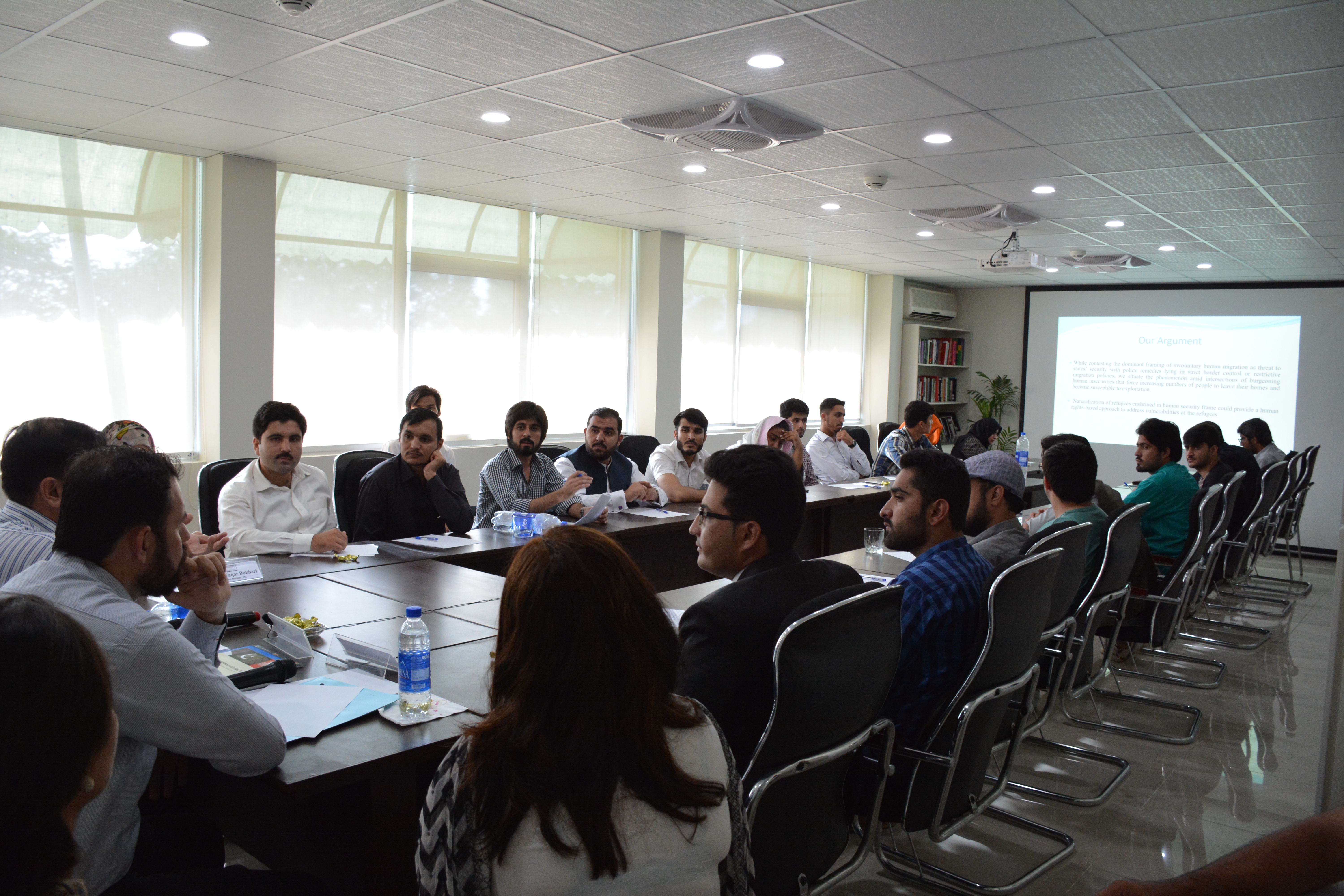
There are about 2.7 million Afghans, including 1.5 million registered as refugees, residing in Pakistan, according to UNHCR and local officials. UN surveys suggest that of these around 60 percent of Afghan refugees were either born in Pakistan or were minors when their parents migrated to Pakistan. War-shattered Afghanistan is therefore alien to most of these young people who are already part of the local economy and culture. No refugee community in the world has enjoyed a longer and more extensive stay in a country than Afghan refugees have in Pakistan.
The majority of Afghan refugees in Pakistan first arrived in the 1980s and early 1990s and have firmly established their lives in Pakistan. Many have contributed to the economic growth in rural and urban areas and have formed deep social relations with Pakistanis through friendships, marriages or business partnerships, or through living in shared neighborhoods.
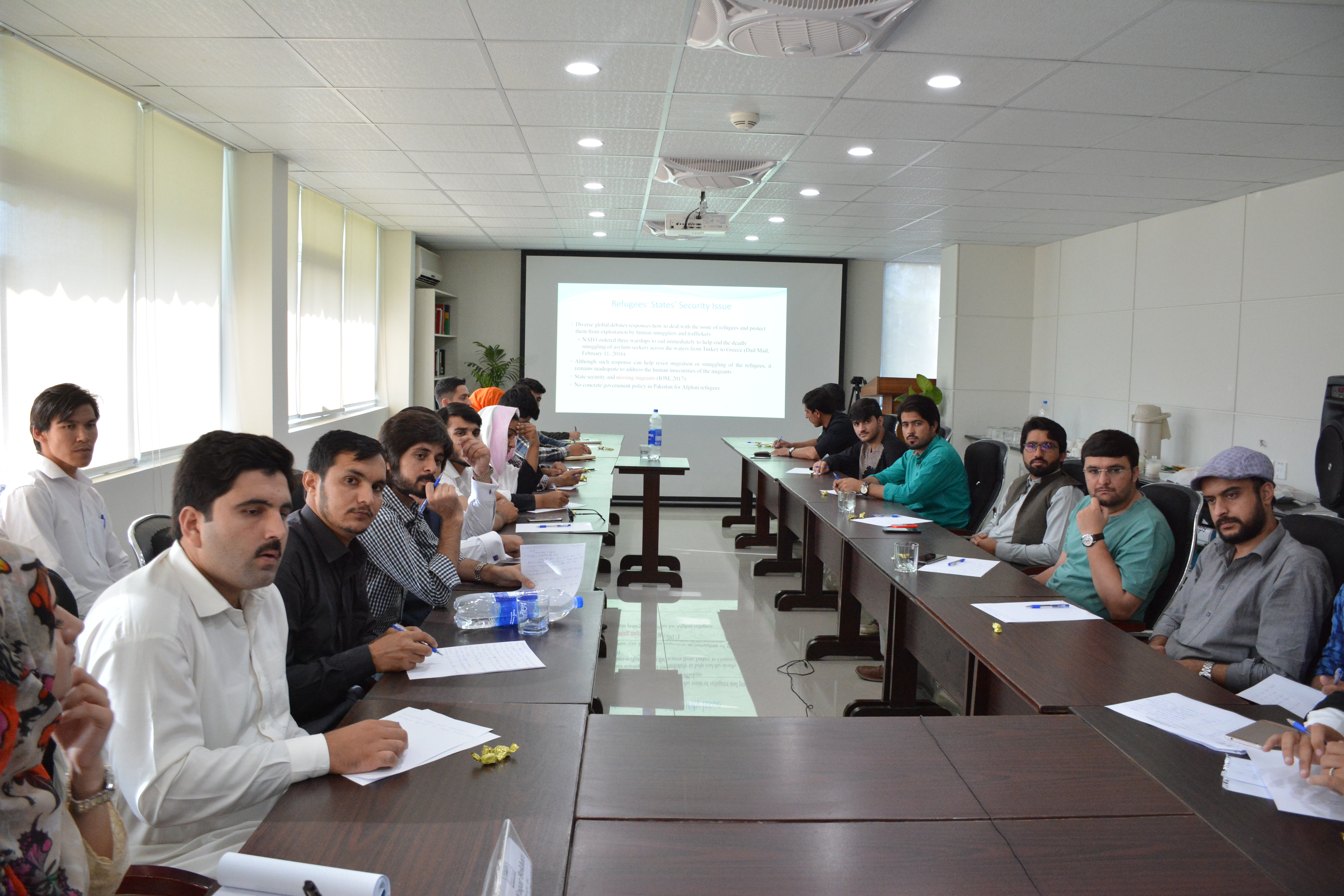
It was Afghan Studies Center’s (ASC) 16th Pak-Afghan Youth Dialogue themed as “Afghan Refugees in Pakistan: Vulnerabilities and Naturalization” on September 26, 2018. The dialogue was attended by 24 young Afghans and Pakistanis while observers from CRSS’ partner organization, Saferworld, and the British High Commission were also present. These dialogues aim to bring youth from Pakistan and Afghanistan together to hold constructive discussions on pertinent issues facing both countries.
Its sister organization – Center for Research and Security Studies – through its Pakistan-Afghanistan Track 1.5/II dialogue Beyond Boundaries also consistently highlighted the issue of Afghan refugees’ status and the need to naturalize such Afghan refugees, especially those born and raised in Pakistan, in an effort to end their grievances.
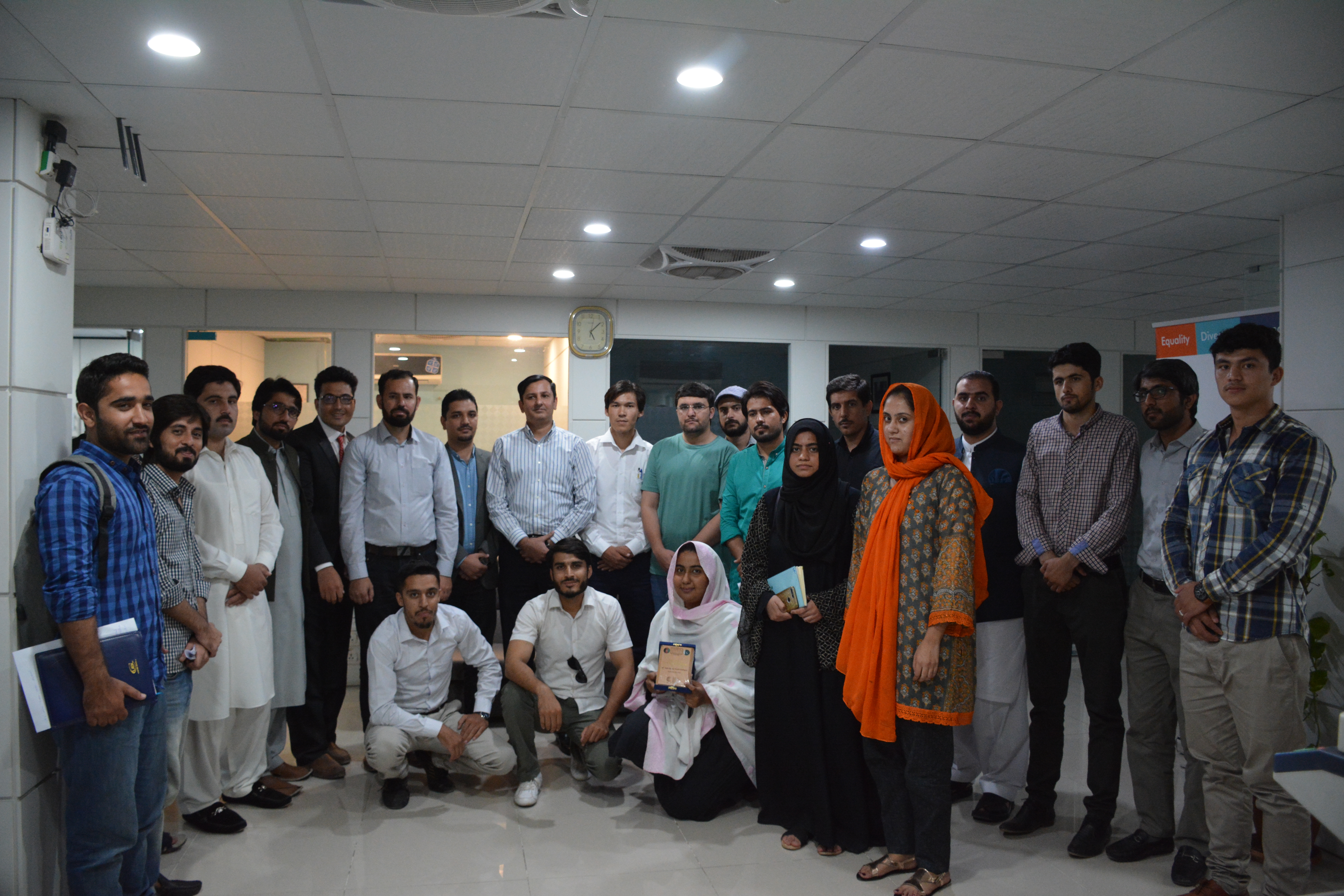
As has been ASC’s tradition, at the end Mr. Saddam nominated Miss Ayesha Gul, a participant from Pakistan, as Afghan Studies Center’s 16th Pak-Afghan Youth Ambassador who was awarded a shield as a token by Dr. Farhan Yousaf. Afterwards, a souvenir was presented to the chief guest as well. The session ended with group photo and refreshments.
© Center for Research and Security Studies (CRSS) and Afghan Studies Center (ASC), Islamabad.



